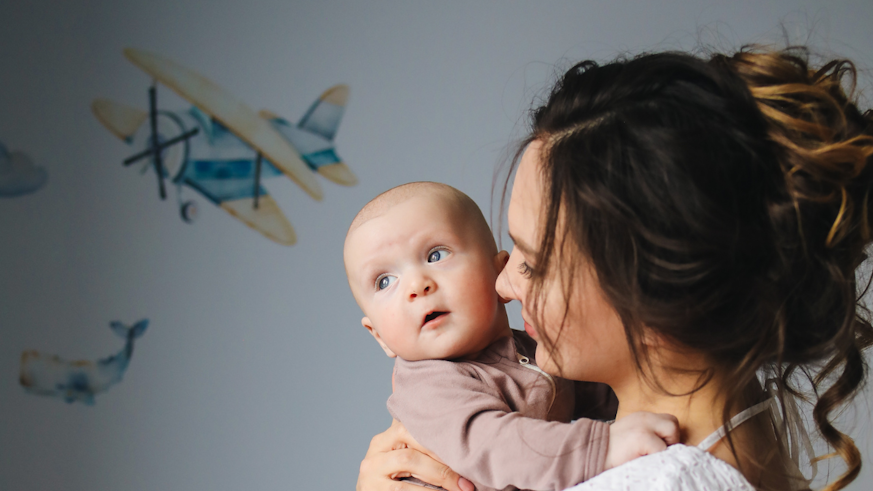Webinar: Postpartum Psychosis - From research to recovery
5 May 2023

As part of Maternal Mental Health Awareness Week 2023, the National Centre for Mental Health (NCMH) hosted a webinar on postpartum psychosis, a mental illness following birth with symptoms ranging from delusions to mania, depression and confusion.
The webinar was held on Thursday 4 May in partnership with Action on Postpartum Psychosis (APP) and attendees heard from researchers and expert voices with lived experience of the disorder including author and APP ambassador Laura Dockrill.
Dockrill described her experience of PP as the ‘most traumatic’ of her life: “I woke up on my first Mother’s Day in a psychiatric ward…separated from my newborn baby with no idea how or why I got there,” she said.
The importance of postpartum psychosis research
Professor Ian Jones, Director of the NCMH explained that childbirth is a powerful trigger of mental illness.

“Women are 25 times more likely to be admitted to hospital due to mental illness in that first postpartum month than at any other point in their lives."
There are many factors that may contribute to an increased risk of postpartum psychosis, including genetic factors, diagnosis of bipolar disorder or sleep disturbances that occur whilst caring for a newborn baby.
It is hoped that further research into this ‘important but under-studied’ mental illness will make a real difference to the lives of women and their families.
Working to improve the lives of women and their families
Dr Sally Wilson explained how NCMH and APP are trying to bridge gaps in research. This has included a particular focus on risk factors including sleep and genetics, as well as surveys to gather first-hand experience of PP care and recovery.
Surveys conducted by APP show that overall satisfaction in care for PP has increased. However, he noted that there is more work to be done. “We are still seeing a slower recovery and a lower satisfaction rate among those admitted to general psychiatric units [as opposed to specialist units] and those separated from their babies,” she said.
Dr Jo Hodgekins reflected on the current services available to women with PP, “There are existing care pathways within NHS mental health services that could offer support to women and families, but we need to better understand the issues associated with the recovery process, as well as how we can tailor interventions and who is best placed to deliver them.”
Watch the webinar
Watch the webinar with Professor Jones and Dr Sally Wilson.
Take part in postpartum psychosis research
The NCMH wants to understand more about the causes and triggers of serious mental illness during pregnancy and after giving birth.
Find out more about this research, including information on how to get involved.